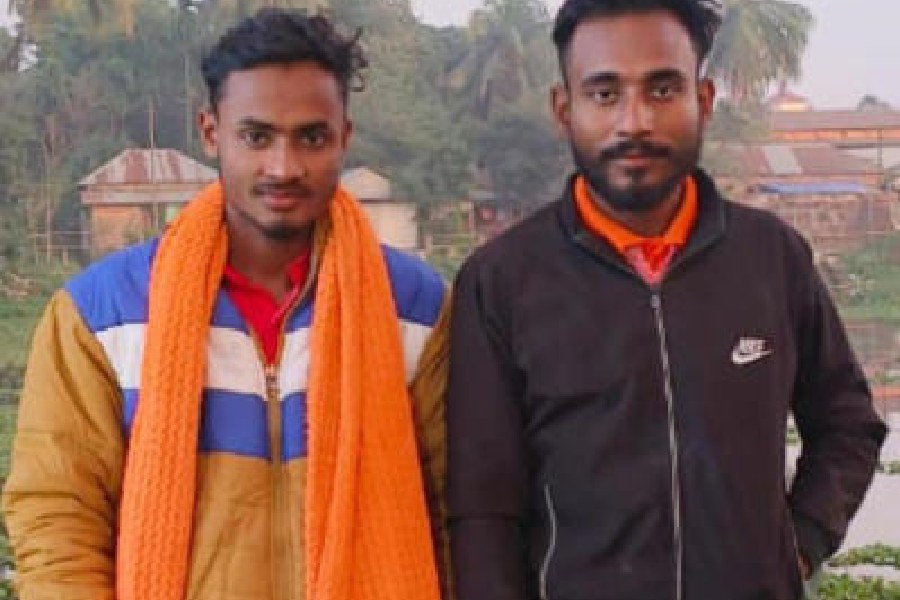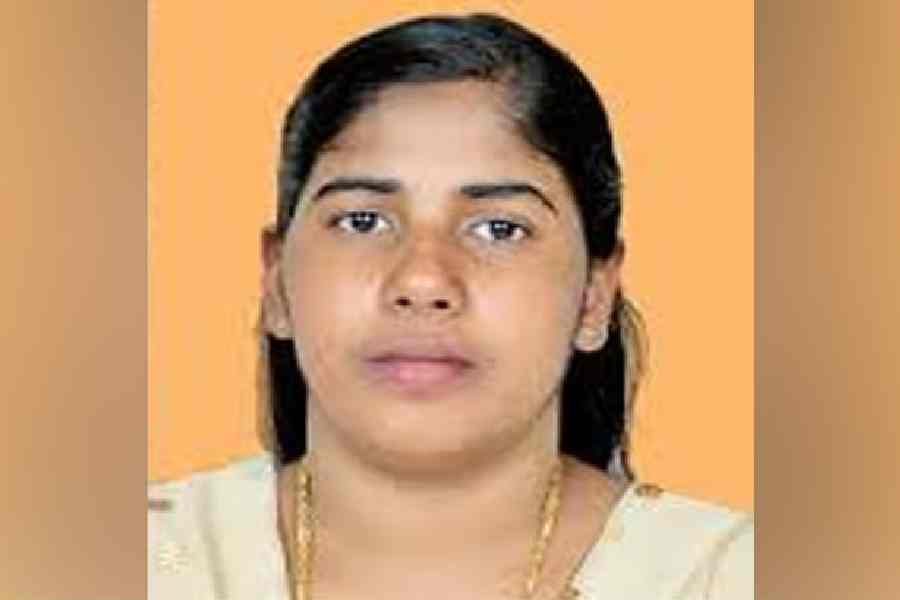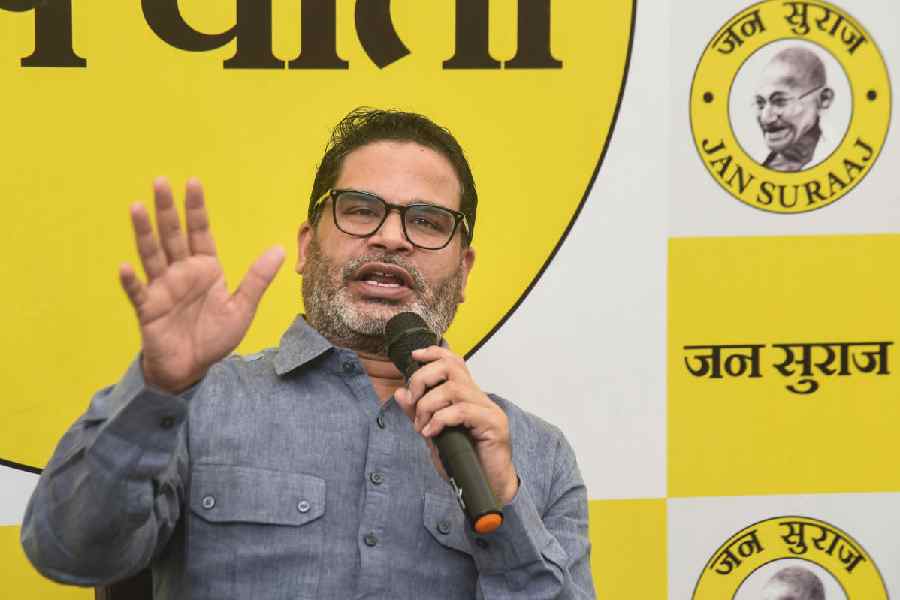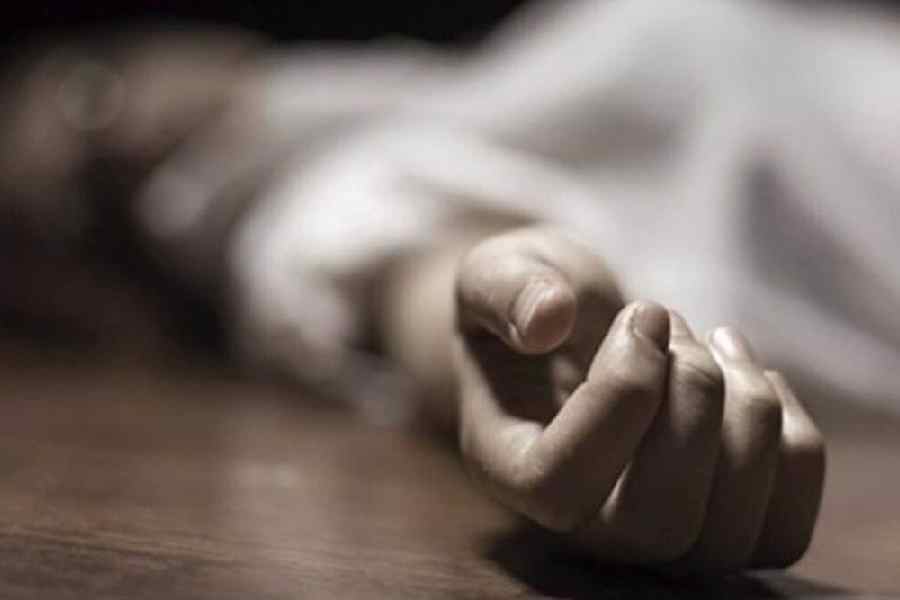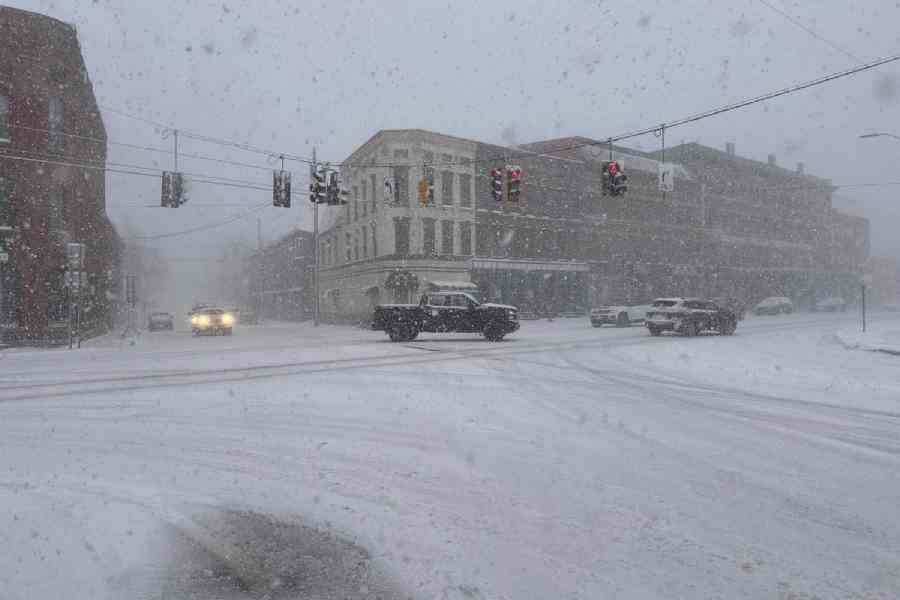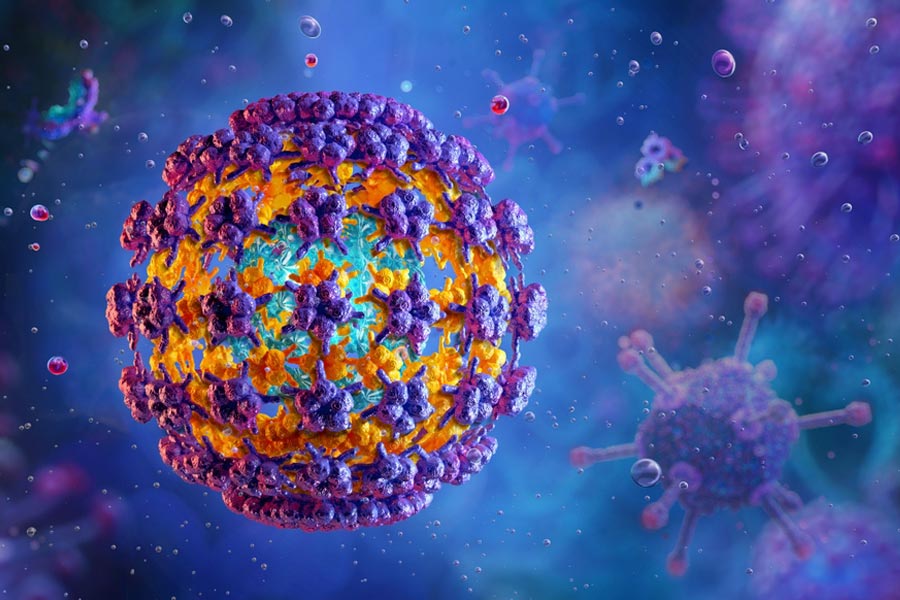Around 7,000-odd beneficiaries of the historic Land Boundary Agreement (LBA) signed by Narendra Modi and Sheikh Hasina in 2015 seem to have become victims of an initiative launched by Delhi Police, which reports to the Union home ministry, to identify illegal Bangladeshi infiltrators.
Prime Minister Modi and his then Bangladesh counterpart Hasina had solved a 68-year-old problem almost a decade back to ensure a life of dignity for some 16,000 people, who had been living like refugees, by offering them citizenship and rehabilitation.
The shadow of uncertainty has been looming on the identities of 7,000 of the 16,000-odd erstwhile enclave dwellers in India, who now work in the Delhi and NCR, ever since Delhi police launched a special drive to identify Bangladeshi infiltrators.
The Delhi cops have collected the identity proofs of many of these erstwhile enclave dwellers who are now migrant workers in Delhi, and visited some of the villages in Cooch Behar to verify the details given by them.
According to the LBA, the enclaves — 51 Bangladeshi and 101 Indian — merged with the mainlands of the two countries at midnight on July 15, 2015. The Bangladeshi enclaves became Indian villages and vice-versa.
While none of the 15,000-odd Bangladeshis who were staying at the Bangladeshi enclaves in India went to their country, around 950 Indians came to India from their Indian enclaves in Bangladesh.
In due course, all of them were provided Indian citizenship along with identity proofs like voter and Aadhaar cards.
Abu Taher, one of the 950 Indians, said they were feeling like they were back to square one now.
“After spending years of misery in an Indian enclave in Bangladesh, we got our identities back in 2015 and felt a sense of relief.... It seems we are back to square one,” said Abu Taher.
Taher, who got an Indian citizenship and a flat in an apartment in Dinhata of Cooch Behar, eventually shifted to Delhi with his wife and three daughters for a better life.
Taher, who worked as a cleaner in Delhi, returned home to Dinhata recently when the Delhi police sought the identity proof of his parents.
“How can I provide that? My parents stayed back in Bangladesh. The way the police questioned me left me wondering as to whether they at all consider me an Indian,” he added.
Abdullah Sheikh, 23, of Mashaldanga, an erstwhile Bangladeshi enclave which is an Indian village now in Dinhata, faced a similar problem. On Friday, he returned home with two other youths from his village.
Abdullah, who used to stay in Gurgaon and work as a delivery boy, could make around ₹25,000 a month.
“But over the past few days, the police in Delhi are seeking various documents from us to confirm that we are not Bangladeshis. They are even asking for documents of our fathers and grandfathers. How can we provide documents of our forefathers? We got Indian citizenship only in 2015,” said the youth.
“Many of us work in Delhi. We fear we may be detained by the police. Hence, we returned home. Our parents also do not want us to work in Delhi amid this uncertainty,” he added.
Ashraful Sheikh, also from Mashaldanga, was an office boy in Gurgaon.
“The police there collected my details. When I came to Dinhata, I learnt that a police team was here to verify the details of migrant workers. I have no inkling as to whether they are satisfied with my documents. I will not return to Delhi immediately,” he said.
Abdur Rauf, a Forward Bloc leader in Cooch Behar, said the Centre should brief the Delhi police about people from former enclaves to get rid of this confusion.
“Both these groups (the Bangladeshis who got Indian citizenship and Indians who came from Bangladesh) are facing the same crisis. It is unfortunate that on one hand, the Centre gave them citizenship and allocated crores for their rehabilitation, and on the other hand, they are now being harassed by the Delhi police under the Union home ministry,” he said.
“We have no problem with the drive to identify Bangladeshi infiltrators but the Centre should also brief the police in Delhi about erstwhile enclave dwellers who were given citizenship in 2015,” added Rauf.

